In the world of cooking, choosing the right cookware is crucial. One key element that often goes overlooked is the type of material used in saucepans. This brings us to a very important question: what is a nonreactive saucepan? Nonreactive saucepans are made from materials that do not react with acidic or alkaline foods, making them essential tools in any kitchen, especially for professionals who require precision in their culinary endeavors.
The essence of a nonreactive saucepan lies in its ability to maintain the integrity of the food's taste and color. This article will dive deep into the functionalities, benefits, and best usage of nonreactive saucepans, ensuring that all kitchen professionals are well-equipped with the knowledge to make informed decisions.

Understanding the Construction of Nonreactive Saucepans
Nonreactive saucepans are typically made from materials such as stainless steel, glass, and ceramic. One significant aspect is that these materials do not harbor any acidic reaction with the foods cooked within them. For example, sauces made with tomatoes or vinegar can turn overly metallic or sour in reactant pans. Thus, kitchen professionals must have a firm grip on why they should use a nonreactive saucepan.
Why Choose Nonreactive Cookware?
When it comes to culinary artistry, some factors can make or break a dish. Using a nonreactive saucepan is one of those factors. Here are some compelling reasons:
- Preserves Flavors: They help in maintaining the original flavors of the ingredients without any outside interference.
- Aesthetic Appeal: Foods retain their natural colors, making the presentation visually appealing to diners.
- Versatility: They're suitable for a wide range of cooking tasksfrom sauces to soups and even delicate dishes like custards.
- Durability: Such saucepans are often dishwasher safe and resistant to scratches, maintaining their quality over time.
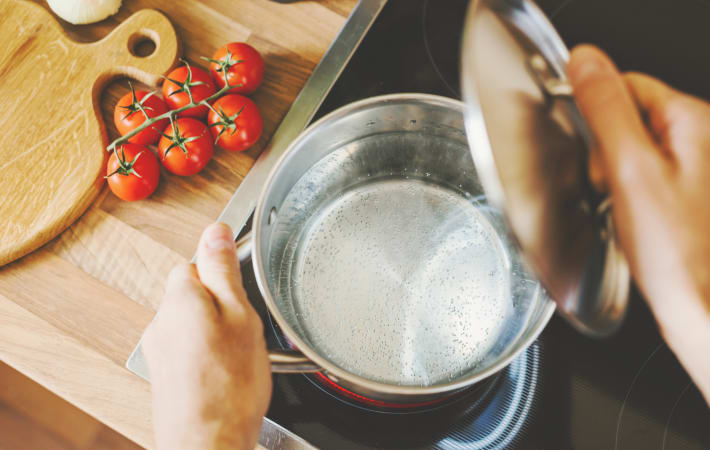
Top Materials Used in Nonreactive Saucepans
Its vital to comprehend the materials involved in your kitchen. Here are the most popular ones:
Stainless Steel
Stainless steel saucepan is often the go-to choice for professional kitchens. It conducts heat evenly and is incredibly robust. Additionally, stainless steel is easy to clean and lasts for years. However, it does not have the best heat retention, so thats a factor to consider.
Glass
While not the most commonly used, glass saucepans are absolutely nonreactive. They allow for easy monitoring of your sauce or dish as it cooks. Plus, they are great for baking as they can go from stove to oven with grace.
Ceramic
Ceramic saucepans also fit snugly in the nonreactive category. They are aesthetically pleasing and excellent for slow cooking. But careful handling is a must since they can chip if dropped.
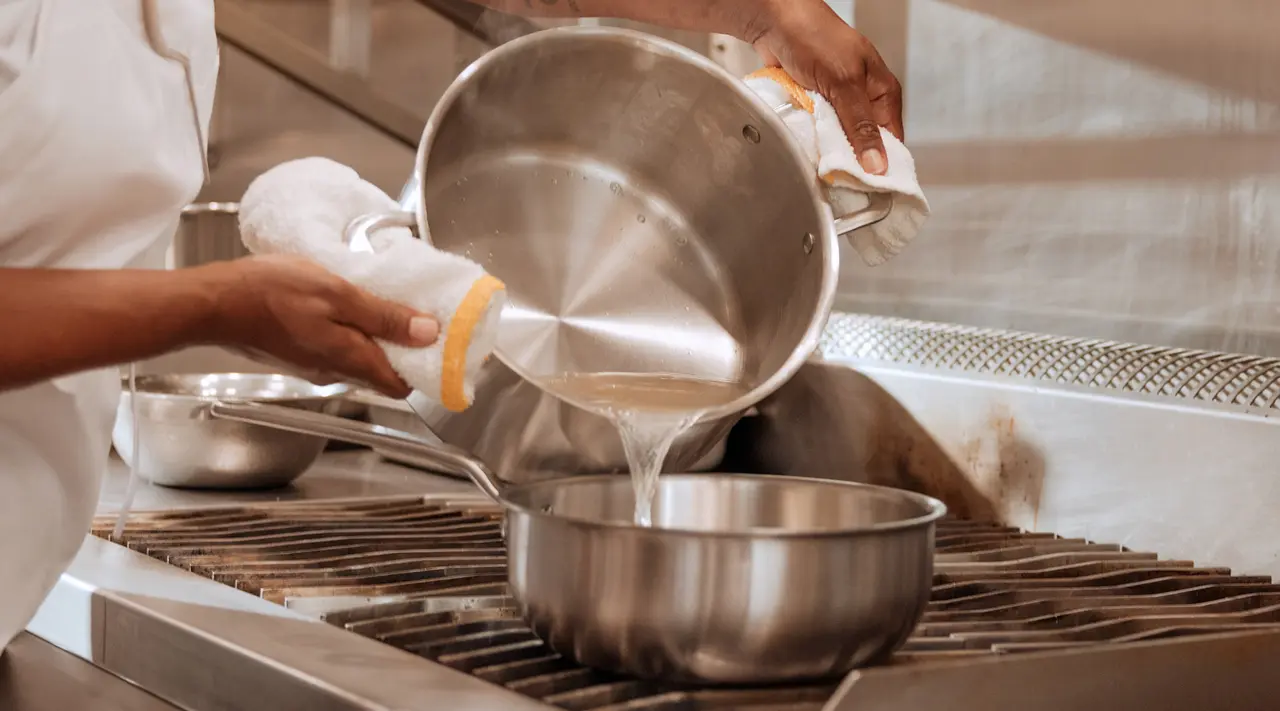
How to Recognize Nonreactive Cookware
As a kitchen professional, you should adopt a discerning eye while selecting saucepans. Here are a few tips on recognizing and choosing nonreactive cookware:
- Look for Signs: Anything marked nonreactive on the label is a good indicator.
- Material Knowledge: Stick to stainless steel, glass, and ceramic as your definitive choices.
- Check the Finish: Nonreactive pans usually have a smooth, polished surface. Avoid any that seem coated or porous.
- Consult Brands: Established brands such as All-Clad and Cuisinart often produce high-quality nonreactive cookware.
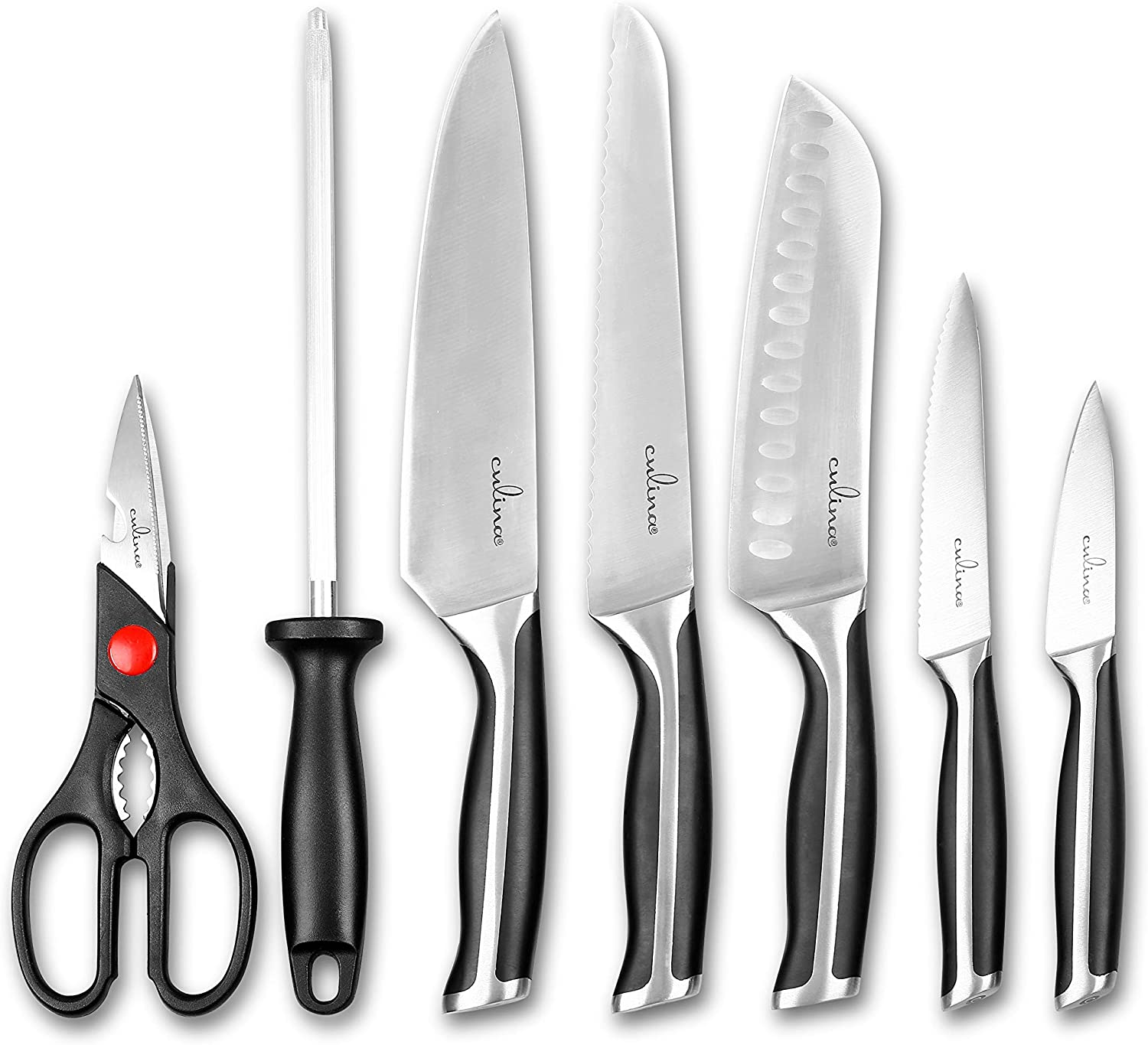
Cooking Techniques with Nonreactive Saucepans
Here are some cooking techniques that are highly effective with nonreactive saucepans:
Simmering Sauces
Simmering can bring out flavors beautifully. By using a nonreactive saucepan, you avoid altering the sauce's flavor when cooking with acidic ingredients.
For more insights on cooking techniques, check out this article on how to deep fry.
Making Candy or Chocolate
Avoiding reactions is key when making delicate recipes like candy. Here, a nonreactive saucepan preserves the integrity of your ingredients completely.
For details on saucepan sizes and their measurement, read saucepan sizes.
Cooking Custards
When preparing custards, avoiding any kind of reaction is crucial. Use a nonreactive saucepan to achieve the smoothest results!
Check out how to make canna oil using a saucepan skillfully.
Maintaining Nonreactive Cookware
The longevity of your investment relies heavily on maintenance. Here are some tips:
- Regular Cleaning: Hand wash with mild soap and avoid harsh cleansers.
- Avoid Abrasives: Steer clear of steel wool as it can scratch surfaces.
- Storage Tips: Nest your pans with paper towels to avoid scratches and damage.
If you ever find yourself with a scorched saucepan, here's how to clean it.
If burnt, there are methods to revive your pan, for example by using baking soda for an easy cleanup.
Nonreactive Cookware: A Competitive Advantage
In conclusion, adopting nonreactive saucepans not only enhances your cooking experience but also elevates the overall quality of your dishes. With minimal reactivity to food, you will experience more consistent flavor and quality. For kitchen professionals, there is an undeniable competitive edge to be gained by mastering this essential cookware. Seeking more extensive reading? Check this resource on saucepans.
FAQs
1. What is the primary advantage of using nonreactive cookware?
The main advantage is that these pans do not react with food, preserving its taste and integrity effectively.
2. Can you use nonreactive saucepans for all types of cooking?
Yes, they are versatile and can be used for simmering, boiling, and making sauces without any issues.
3. How should I clean my nonreactive saucepan?
Use mild soap and water, avoiding abrasive pads to prevent scratches.
As an Amazon Associate, I earn from qualifying purchases.

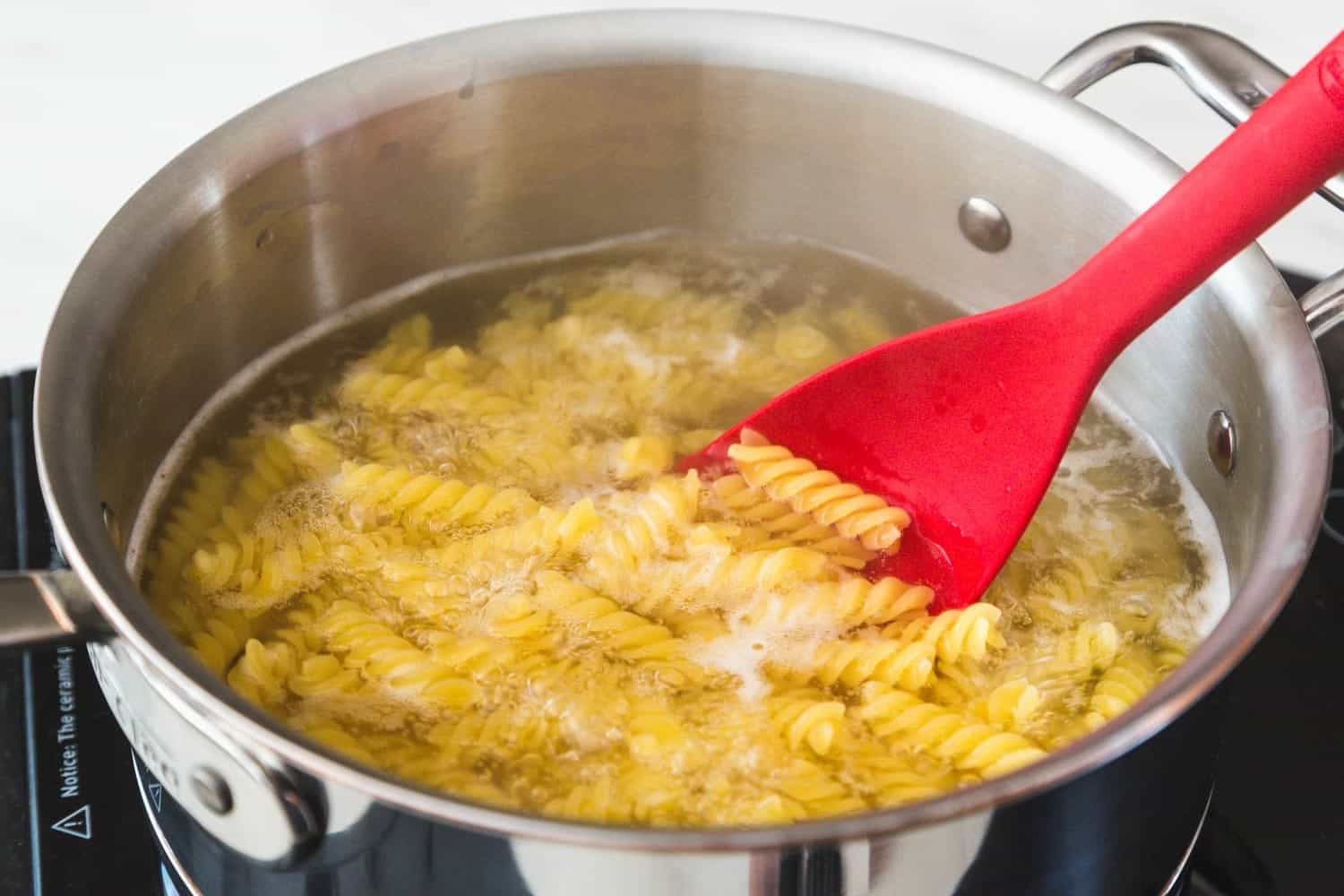


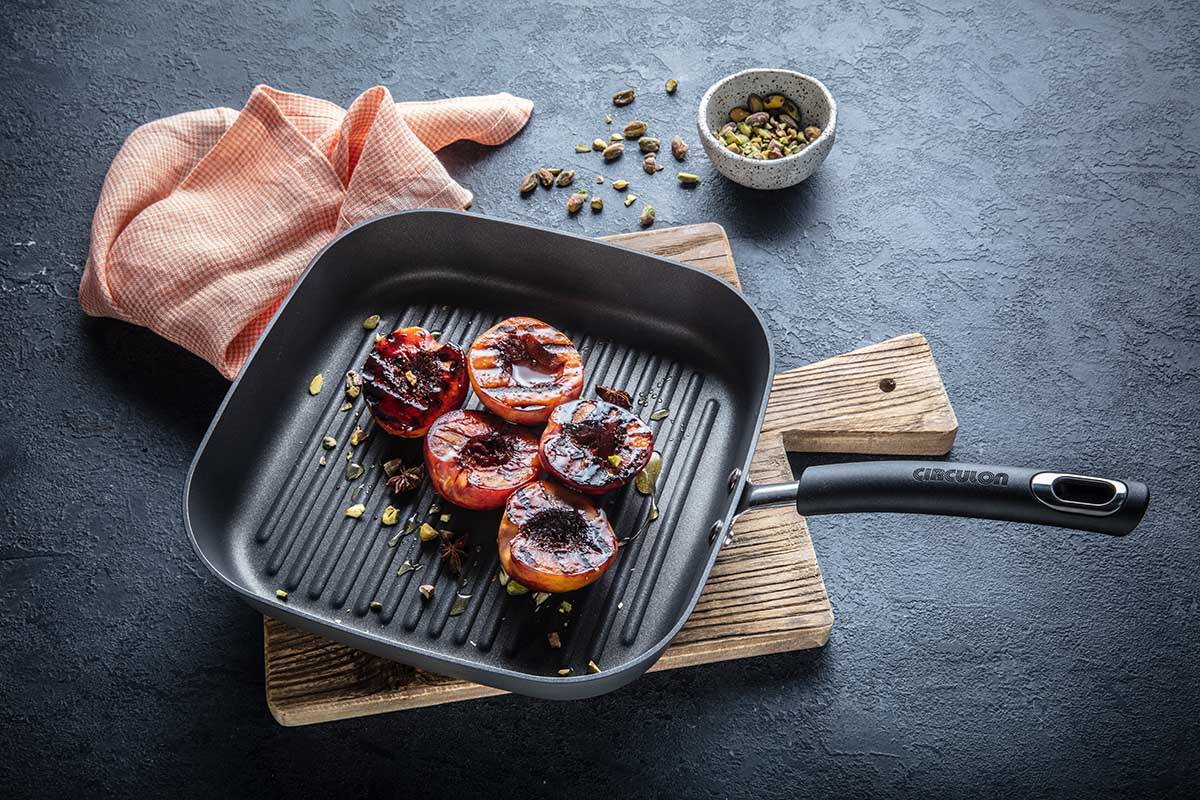
Leave a comment
This site is protected by hCaptcha and the hCaptcha Privacy Policy and Terms of Service apply.